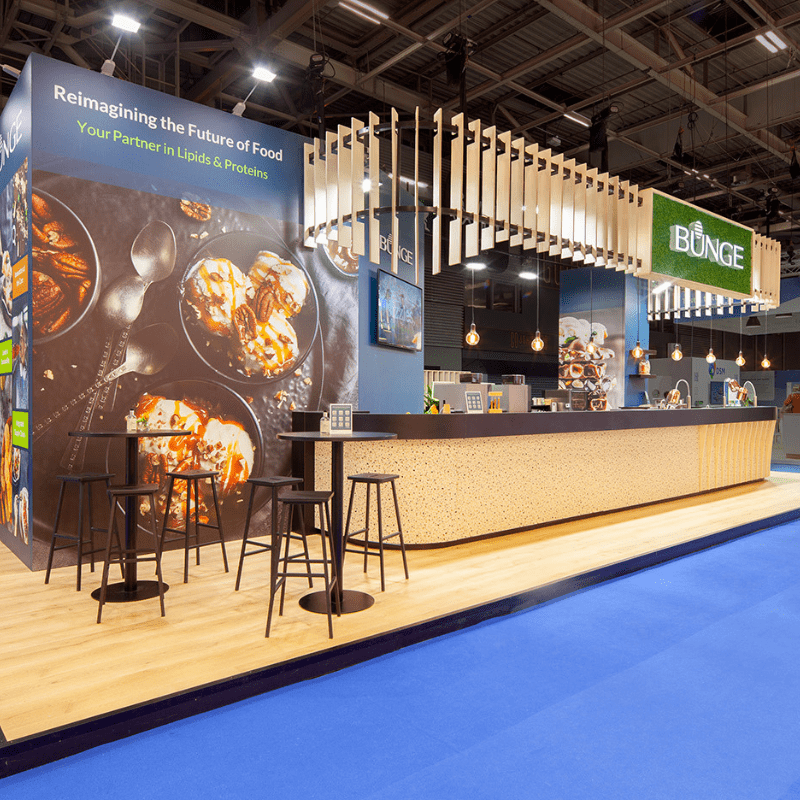Reusable vs. recyclable: Alternatives to the disposable coffee cup
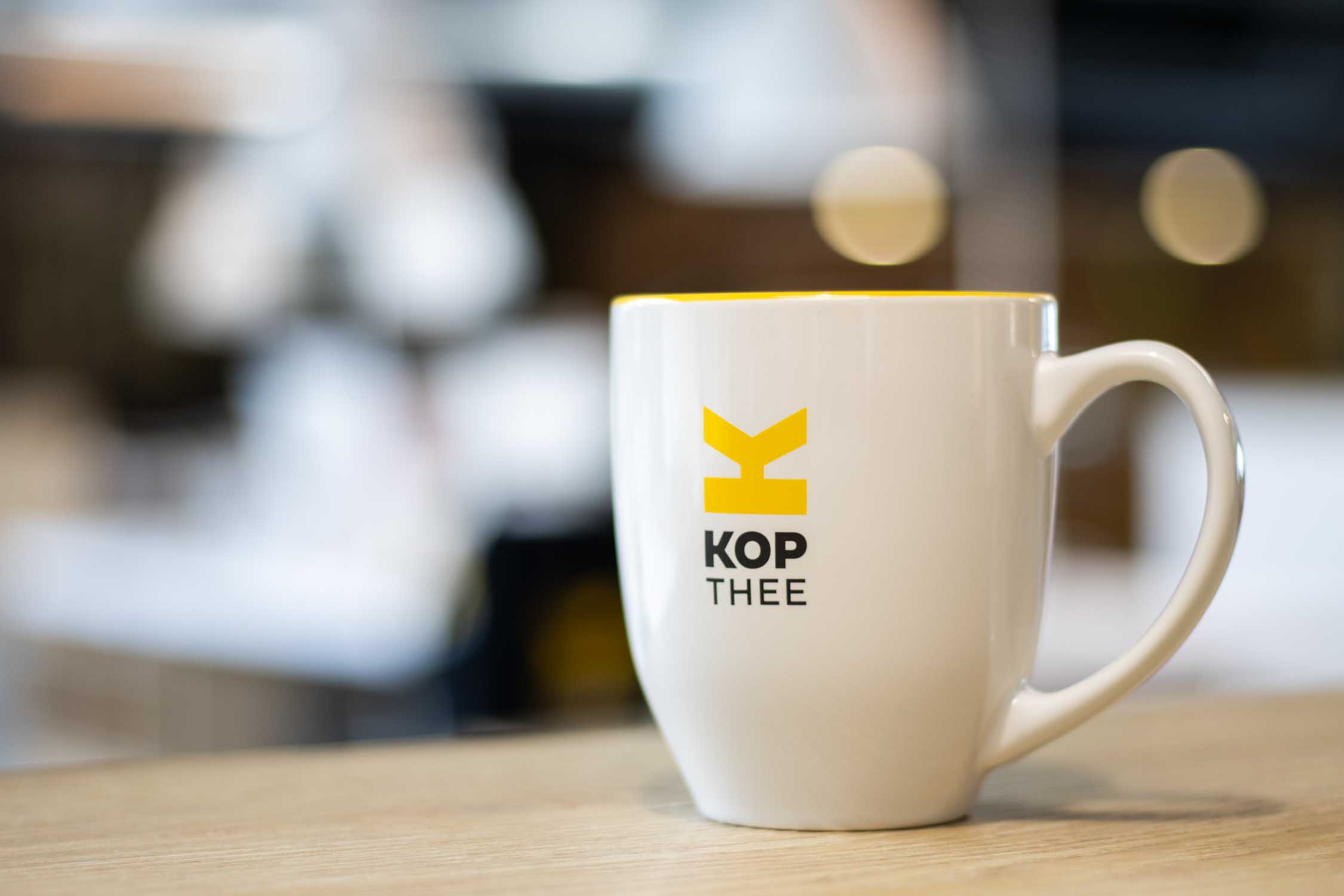
Reusable isn't always the most sustainable answer. In a time when sustainability is becoming increasingly important, Dutch companies and events are facing significant changes due to the Single-Use Plastic (SUP) regulations. These rules, derived from the European SUP directive, have gradually influenced our use of plastic since July 3, 2021. But from January 1, 2024, we enter a new phase that will profoundly change the way we enjoy coffee at trade shows.
Let's go through the details together, understand what's about to change, and explore the responsible choices available to give your trade show booth a sustainable touch.
- Dutch companies and events are undergoing changes due to the Single-Use Plastic (SUP) regulations starting from January 1, 2024.
- The ban includes disposable plastic cups and meal packaging at closed events, including trade shows.
- The difference in interpretation of the term "high-quality recycling" between the European Parliament and the Dutch government is impacting disposable coffee cups.
- Reusable coffee cups face challenges such as CO2 emissions, loss, and cleaning issues, which are not addressed in Dutch SUP legislation.
- House of Representatives motions aim to broaden the definition of high-quality recycling for disposable coffee cups.
- How the government will enforce the SUP regulations from January 1, 2024.
- Reusable plastic or recyclable cardboard coffee cups at the trade show, the most sustainable solution should take precedence.
The most sustainable solution is not always the most obvious one. Explore the details below and make a responsible choice for your trade show booth!
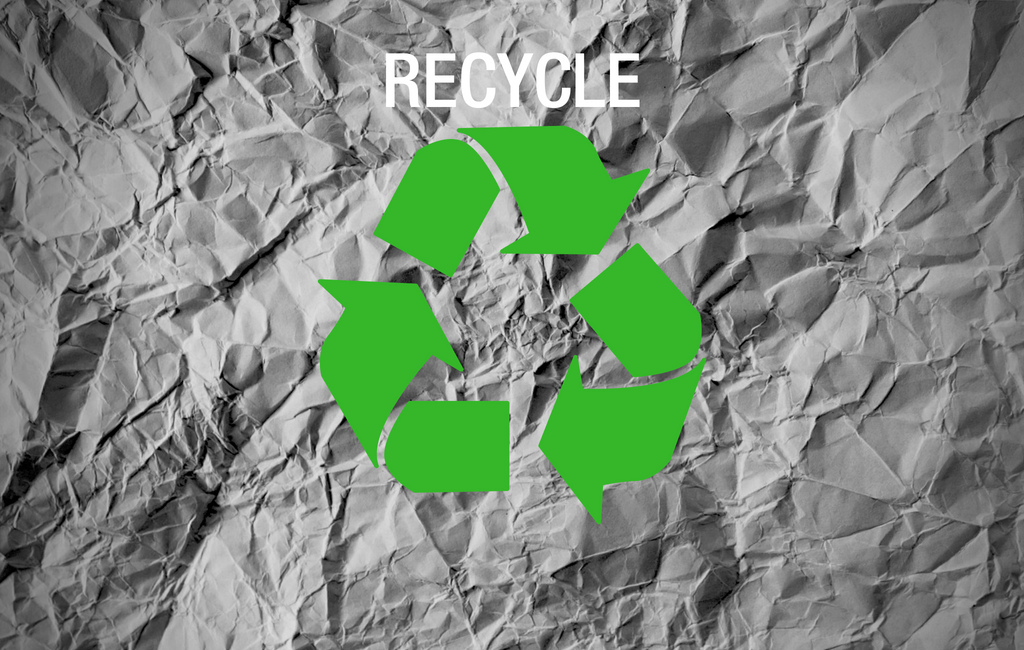 Recycling: make responsible choices
Recycling: make responsible choices
What is the SUP regulation?
Since July 3, 2021, various measures have emerged from the European Single-Use Plastic Directive, or SUP directive. The primary goal of the SUP legislation is to reduce the environmental impact of disposable plastic. With these measures, the EU addresses the contribution of disposable plastic to litter and marine pollution, including beverage and meal packaging, straws, and utensils found on the streets or beaches after events.
From January 1, 2024, the latest significant change takes effect. The government is tightening the SUP regulations for Dutch companies and events. The use of disposable plastic cups and meal packaging for immediate consumption at closed events will be completely prohibited. This applies to hotels, cafes, restaurants, offices, schools, sports clubs, and closed events such as concerts and amusement parks. Reusable tableware will become the new standard. Trade shows are considered closed events and therefore fall under the tightened SUP regulations, as outlined in this factsheet from the Ministry of Infrastructure and Water Management (I&W).
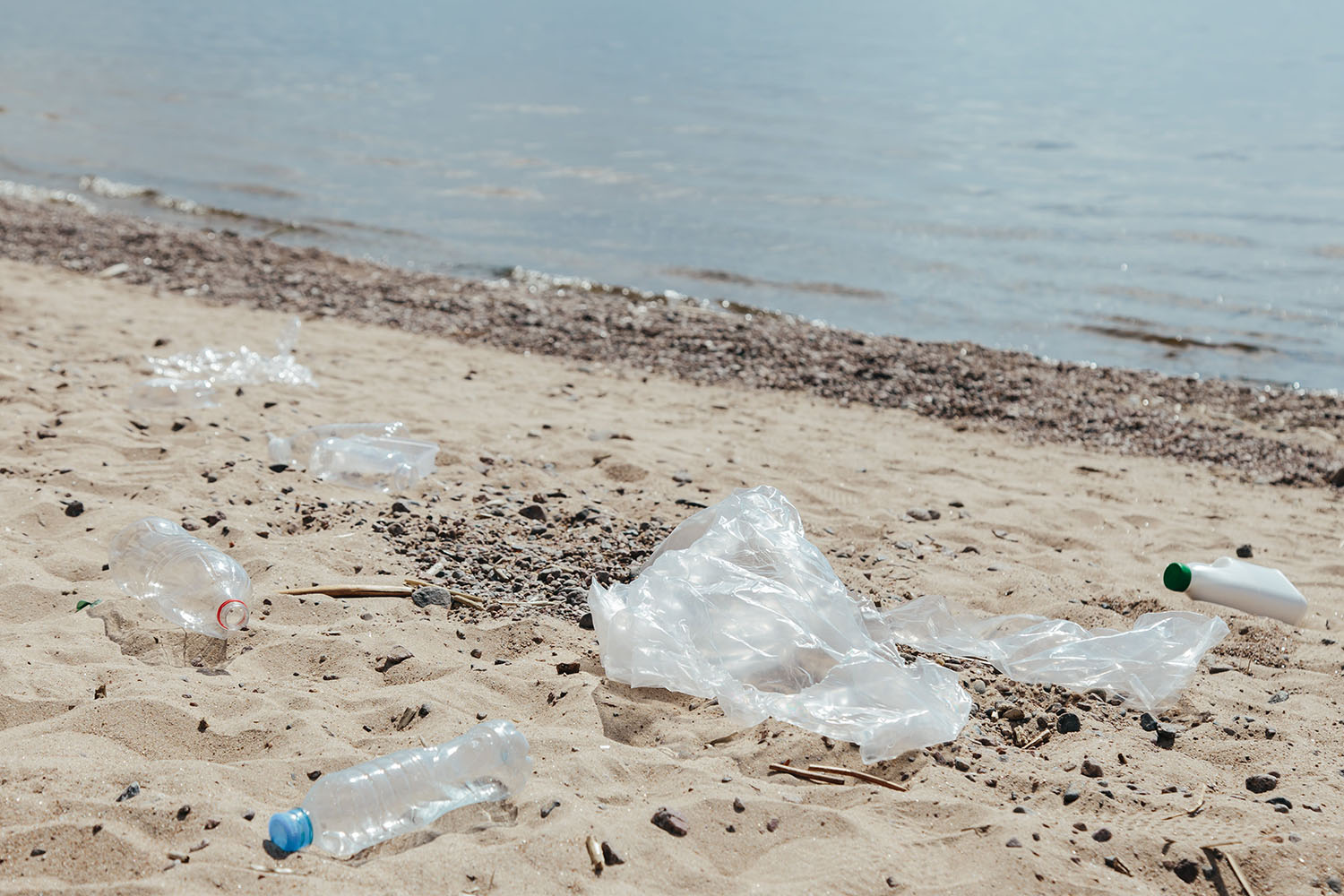 Found plastic on the beacah
Found plastic on the beacah
Which plastics are no longer allowed from January 2024?
The SUP-packaging covered by these regulations includes the top 10 plastic items found in beach litter that are non-reusable. This mainly concerns drink and meal packaging that can be consumed on-site, meaning items you can eat or drink where you are at that moment. Think of items like drinking cups, beverage packaging up to 3 liters, snack boxes, bags, and candy wrappers. Additionally, plastic carry bags, wet wipes, balloons, tobacco filters, and fishing gear fall under this category.
As we welcome the new year, various sectors bid farewell to disposable coffee cups. At that point, they must turn to reusable alternatives, making sustainability a crucial factor in our daily coffee routine. No more cardboard coffee cups; instead, we'll be seeing the use of reusable mugs or high-quality recycled plastic cups.
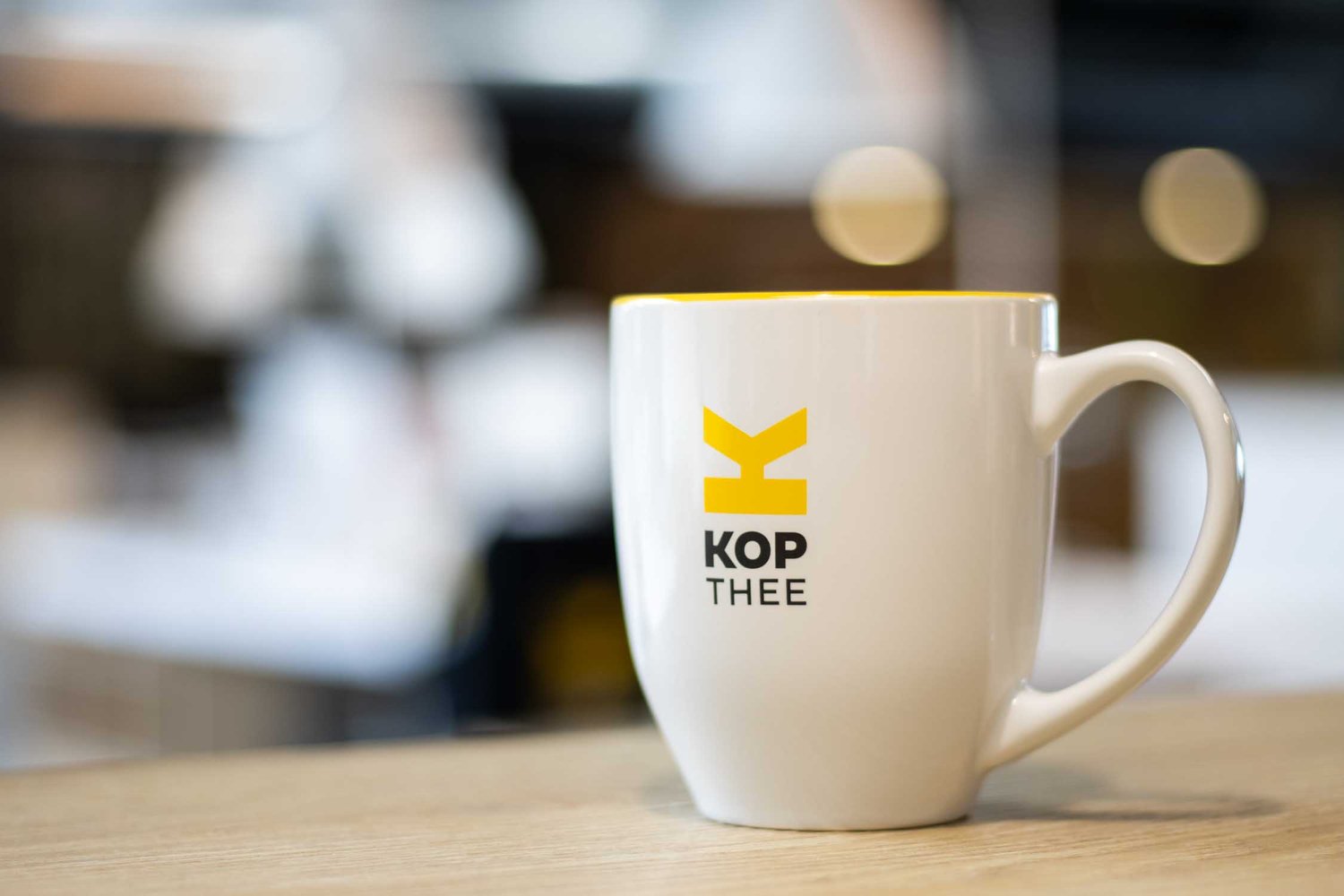 KOP coffee or tea cup
KOP coffee or tea cup
Ban on disposable cups: European Parliament vs. Dutch Government
However, there is a difference in the interpretation of this legislation, particularly concerning high-quality recycling. Consider a cardboard coffee cup with a 5% plastic lining. This plastic can be separated from the cardboard through a recycling process, allowing the cardboard to be reused.
According to European legislation, the cardboard coffee cup must contain less than 5% plastic to qualify for high-quality recycling. Additionally, at least 85% of the cups issued must be collected and submitted for recycling. If these conditions are met, the use of a cardboard coffee cup is still possible.
However, the Dutch government has provided a different interpretation of high-quality recycling, resulting in the prohibition of all disposable cups containing plastic for immediate consumption. The only exception is packaging made of recycled PET. These packages are collected through a return system, enabling the creation of new cups and containers from the raw materials. Unlike cardboard, a cardboard coffee cup cannot become a new one. According to Dutch legislation, our cardboard cup is not considered highly recyclable, while Europe holds a different perspective.
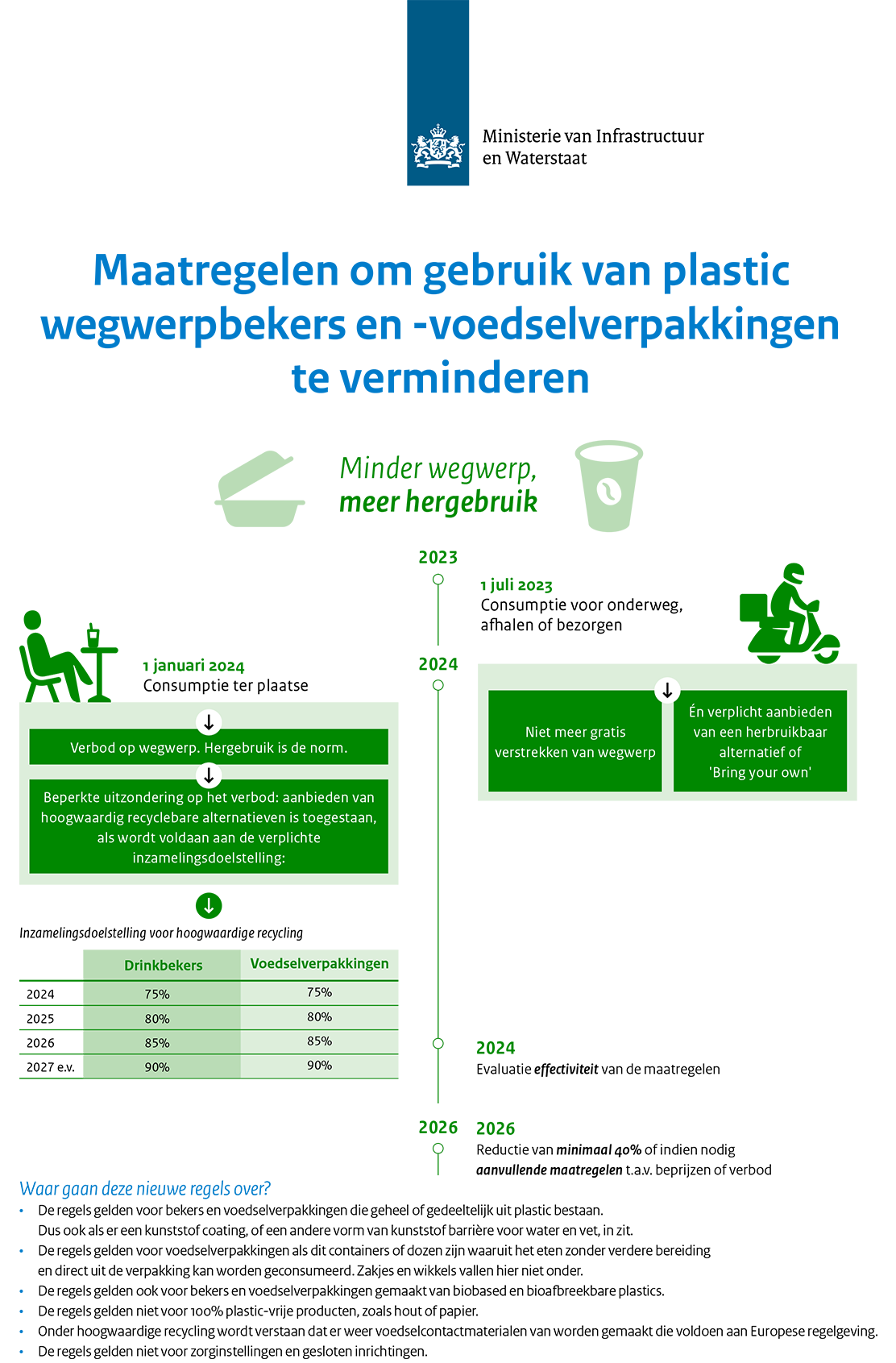 SUP Regulation: Infographic Ministry of I&W (in Dutch)
SUP Regulation: Infographic Ministry of I&W (in Dutch)
Disposable cup regulations: how sustainable is reuse?
As a result, the Ministry of Infrastructure and Water Management strongly advocates for the reusable coffee cup. According to the government, the reusable coffee cup is already more sustainable than a single-use cardboard cup once it is used more than 6 times. Depending on the chosen material and its quality, a reusable cup can be redeployed dozens to hundreds of times. According to the Ministry of Infrastructure and Water Management, the significant sustainable difference lies in the material from which the reusable cup is made and how it is cleaned.
However, in practice, this proves to be an idealistic scenario for events, according to Chris van Eldijk, co-owner of the Barista Company. Through multiple studies, the Barista Company examined the impact of these reusable coffee cups.
"A high-quality and often reusable coffee cup can weigh up to 40 grams of plastic. The production of such a cup generates much more CO2 emissions than the production of a cardboard cup. This system can only be more sustainable if the reusable cups can actually be used repeatedly, and that's where the challenge lies, especially at events," Chris explains.
Practical test
"In our initial tests, we lost 20-30% of the cups, despite good education and on-site deposit systems. People took them home or still threw them in the trash. Also, the collected cups ideally need to be washed within 72 hours after use, as otherwise, they are less likely or even impossible to clean. On a multi-day event, it is a logistical challenge to get used cups to the washing station within that timeframe. Additionally, it leads to unnecessary extra transportation. As an example: we already lose 1% of the cups per event because a specific type of lipstick cannot be removed."
With a quick calculation, the Barista Company concluded that reusable coffee cups are not always the answer. "If 30% of the cups are lost per event, new cups need to be purchased every time, and that is less environmentally friendly. It actually results in more CO2 emissions. Therefore, the shift to only reusable plastic cups for events is not always the most sustainable solution," Chris explains. According to the Barista Company, the loss and environmental impact must be taken into account.
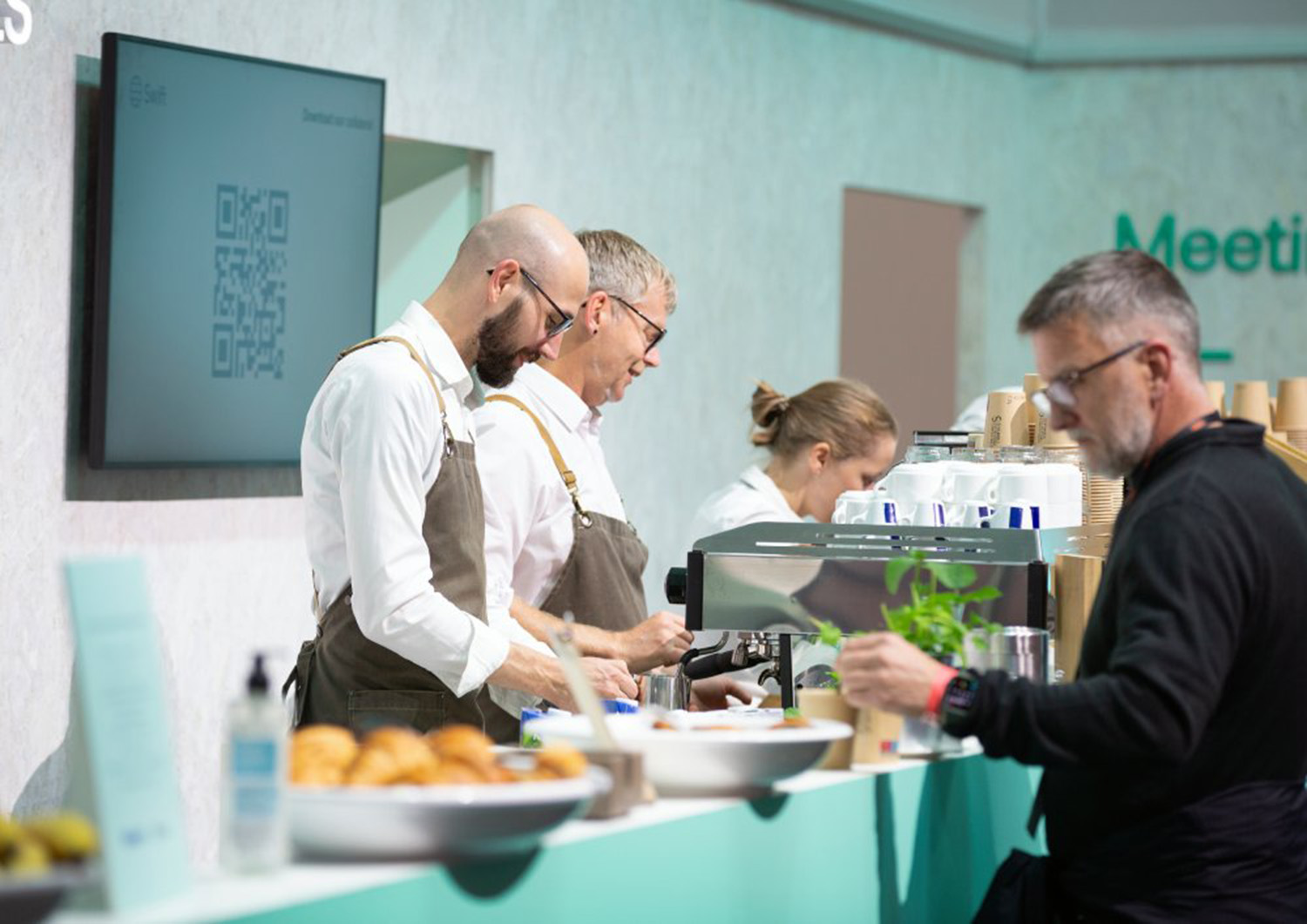 The Barista Company during an exhibition
The Barista Company during an exhibition
Expansion of the definition for high-quality recycling of disposable coffee cups
The ban on disposable cups places a heavy burden on entrepreneurs, requiring a significant investment. This is literal because, especially for events, tens of thousands of cups per caterer need to be purchased. Caterers also have to procure hundreds of plastic crates for the transportation and storage of the cups, requiring much more space than for cardboard cups. Additionally, there are substantial costs for washing the cups, transporting them to and from the washing station, and potential concerns about food hygiene.
Therefore, Member of Parliament Erik Haverkort of the VVD proposed the following motions to the Dutch House of Representatives to broaden the definition of high-quality recycling:
- Allowing the use of single-use paper cups and containers that contain less than 5% plastic, can be 100% recycled, and 85% of the distributed cups must be demonstrably recycled.
- Adopting the broader definition for high-quality recycling proposed by the European Parliament in the ministerial regulation for single-use plastic products.
On Thursday, October 26, 2023, the Dutch House of Representatives approved these two motions. As a result, these motions are now awaiting action on the desk of Secretary of State Heijnen of Infrastructure and Water Management.
Statement of the State Secretary of Infrastructure and Water Management
The response from the caretaker State Secretary regarding the handling of motions on Thursday, December 14, 2023:
"The regulations for disposable coffee cups remain, but inspection will not be enforced. The motions affect crucial aspects of the regulations for disposable plastics. With the approach I am taking now, my successor in a new cabinet will have maximum flexibility to make a choice."
Both the Royal Dutch Hospitality Association (KHN) and the Barista Company believe that the focus should be on the best CO2 footprint. If single-use packaging, through effective recycling techniques, contributes to a better footprint, then this option should be retained.
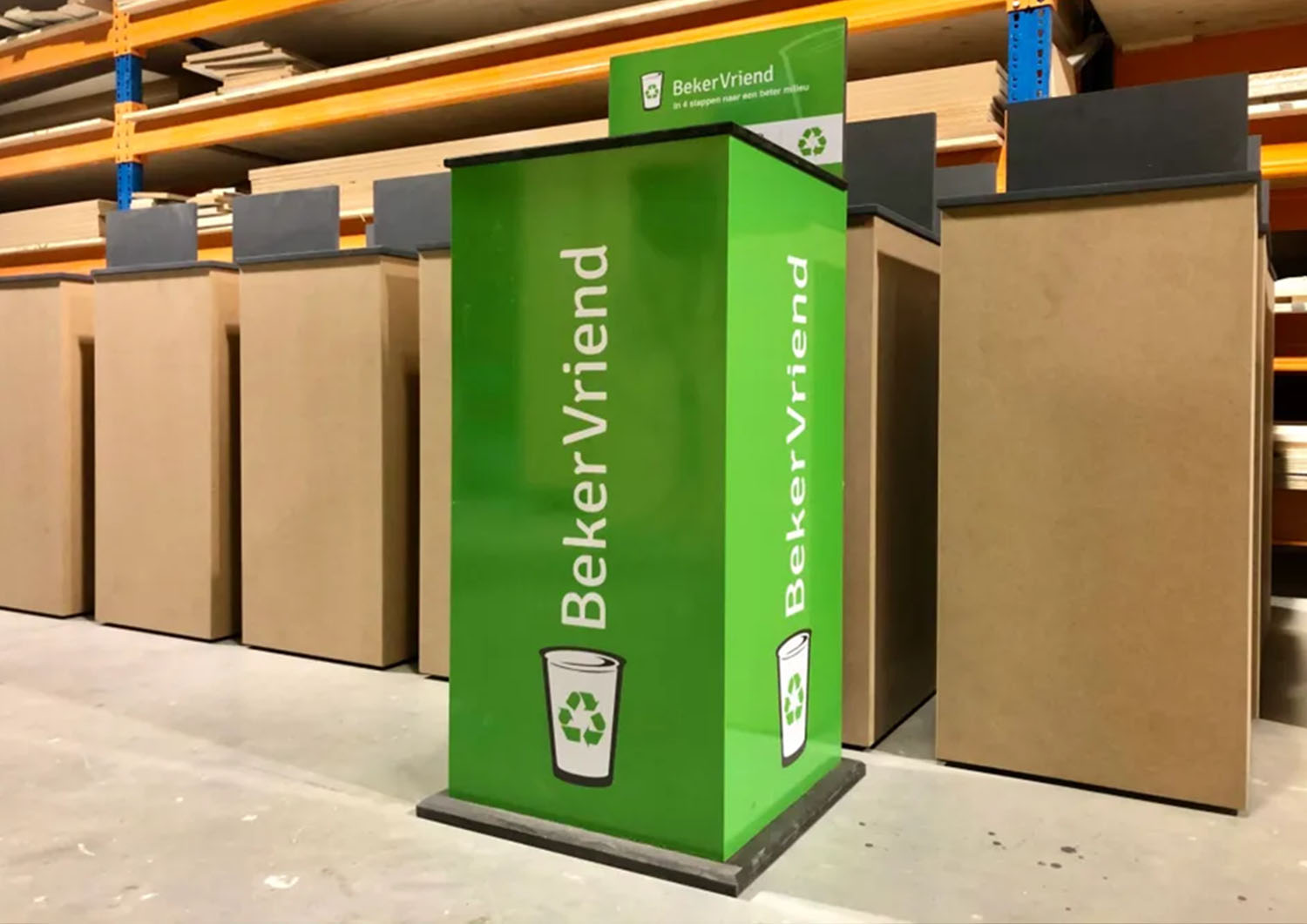 The "CupBuddy" without any imprint from BekerVriend
The "CupBuddy" without any imprint from BekerVriend
What consequences does the SUP regulation have on attending trade shows?
Alright, now that we've covered the entire lead-up. But what are the implications for a cup of coffee at your booth? Are we opting for reusable plastic cups or high-quality recyclable cardboard coffee cups? The answer is: Both are possible.
For trade show events, we collaborate with the Barista Company. They've scaled back the purchase of reusable coffee cups and, for trade shows, will primarily use cardboard coffee cups unless otherwise requested.
This leads to two options for your trade show:
Option 1: Cartboard coffee cups
The cardboard coffee cup bears the inscription: "Please bring me back to your coffee bar. I'll be recycled." We place a cup bin with an identical imprint on the front of the coffee bar. The company De BekerVriend takes all cups for recycling. Through a unique recycling process, the plastic coating can be separated from the paper fibers. The cardboard can then be reused for various applications.
The Barista Company provides instructions beforehand on how the cup return process works so you can plan accordingly during the trade show. This option complies with the European SUP regulation.
Option 2: Plastic coffee cups
These reusable coffee cups comply with the standard that the Netherlands adheres to for high-quality recycling. Due to cup collection, quick cleaning, and cup loss, the Barista Company does charge a significant extra fee per day.
Ultimately, the best solution depends on each situation. However, we believe that the most sustainable option should take precedence. We play an advisory role in this, but the choice remains yours as the exhibitor.
Curious about what else the Barista Company does to reduce their carbon footprint? Check it out here.
Or stop by for a reusable cup of coffee to see how we can make your trade show booth more sustainable.
Did you think this was interesting?
Leave your email and get updates when we post something new.
Also interesting for you
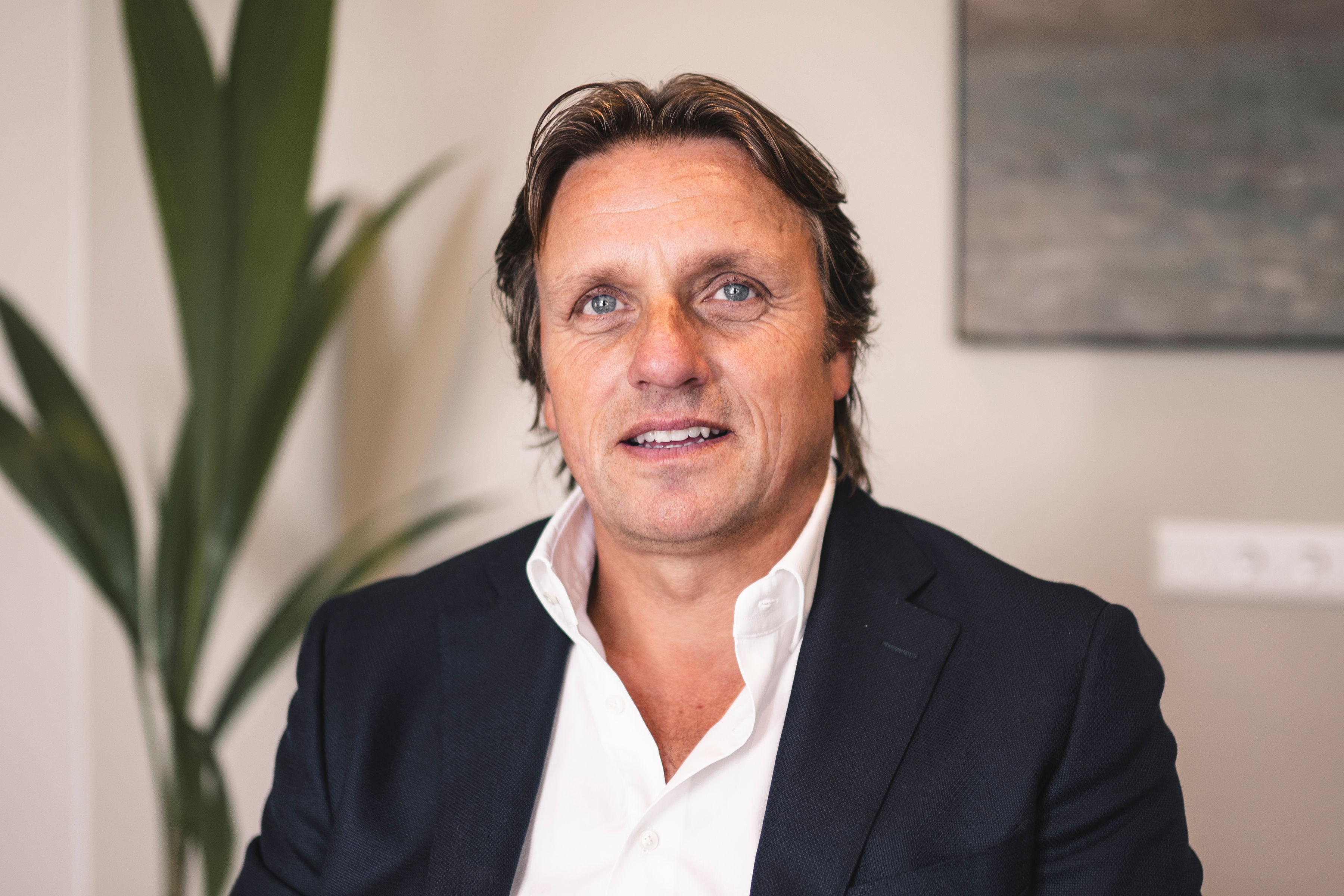
KOP's Advisory Board for strategic advice: Ron Nap
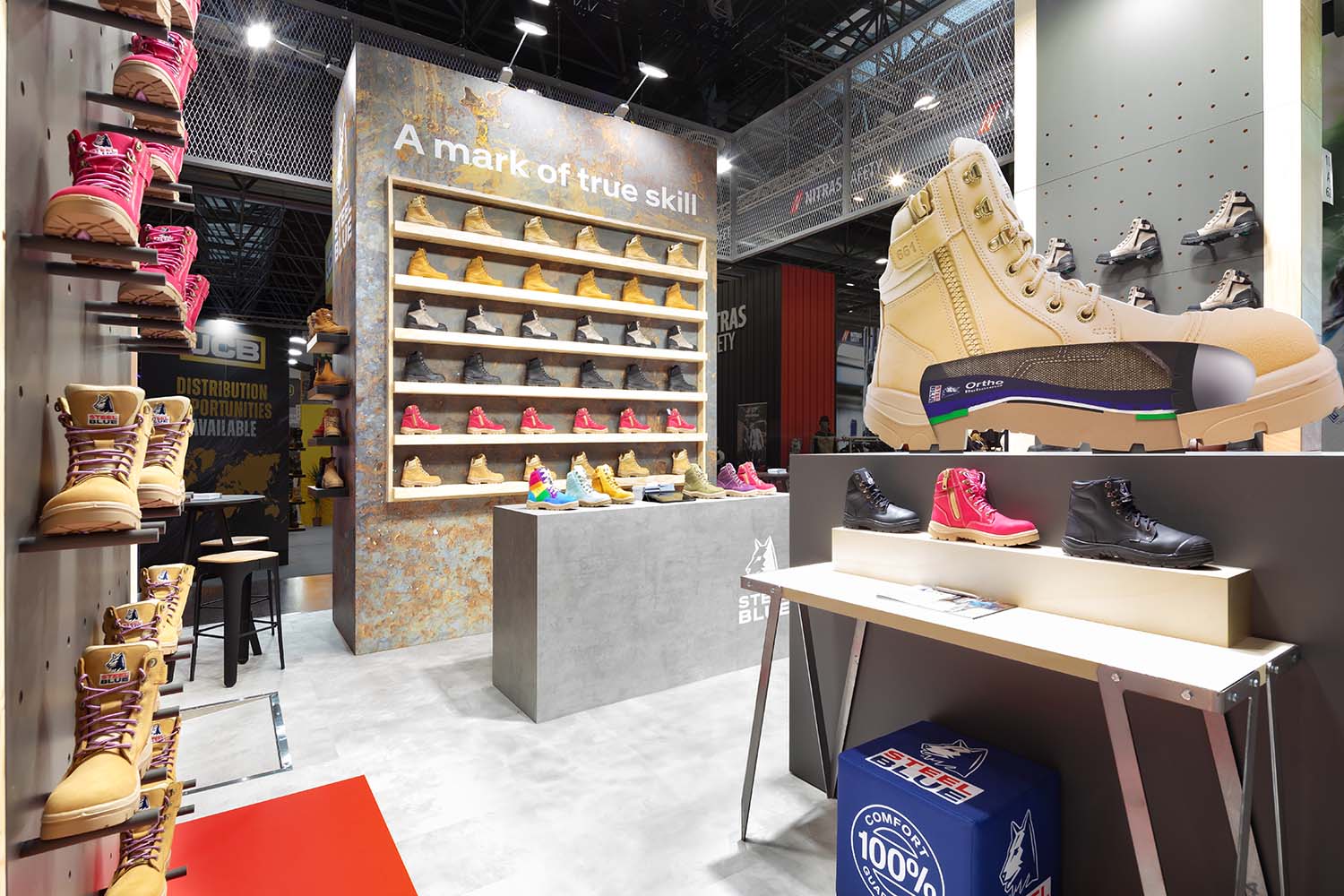
From DIY setup to driving revenue.
